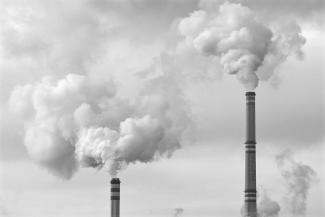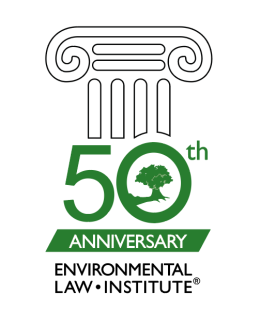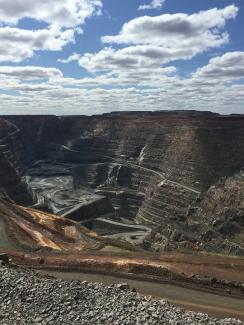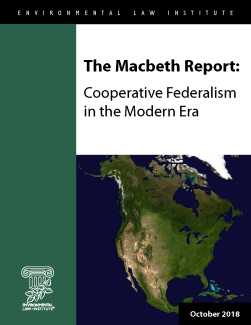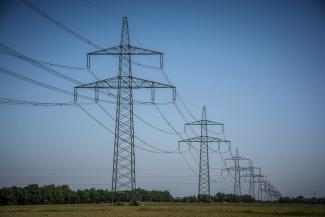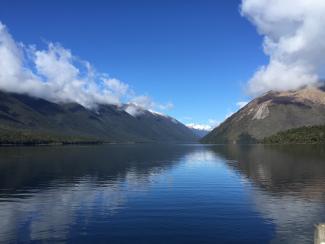Changing Flood Insurance for a Changing Climate
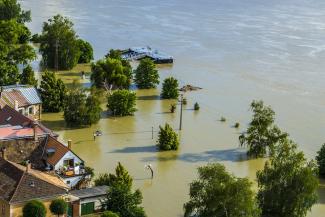
The current flooding disasters in the Midwest, as well as the flooding consequences of Hurricanes Michael, Harvey, Irma, and Maria, have damaged thousands of U.S. homes and businesses over the last decade. The National Flood Insurance Program (NFIP), enacted by Congress in 1968, aims to minimize the risk of flood damage as well as reduce flood-related disaster recovery costs. This federally backed program provides insurance to property owners and renters, establishes building and land use requirements and floodplain management practices for local communities to qualify, and maps flood-risk areas to inform development decisions and insurance premiums. But the NFIP assumes that flood risks are static and change little over time, and the effects of climate change are challenging this assumption.
